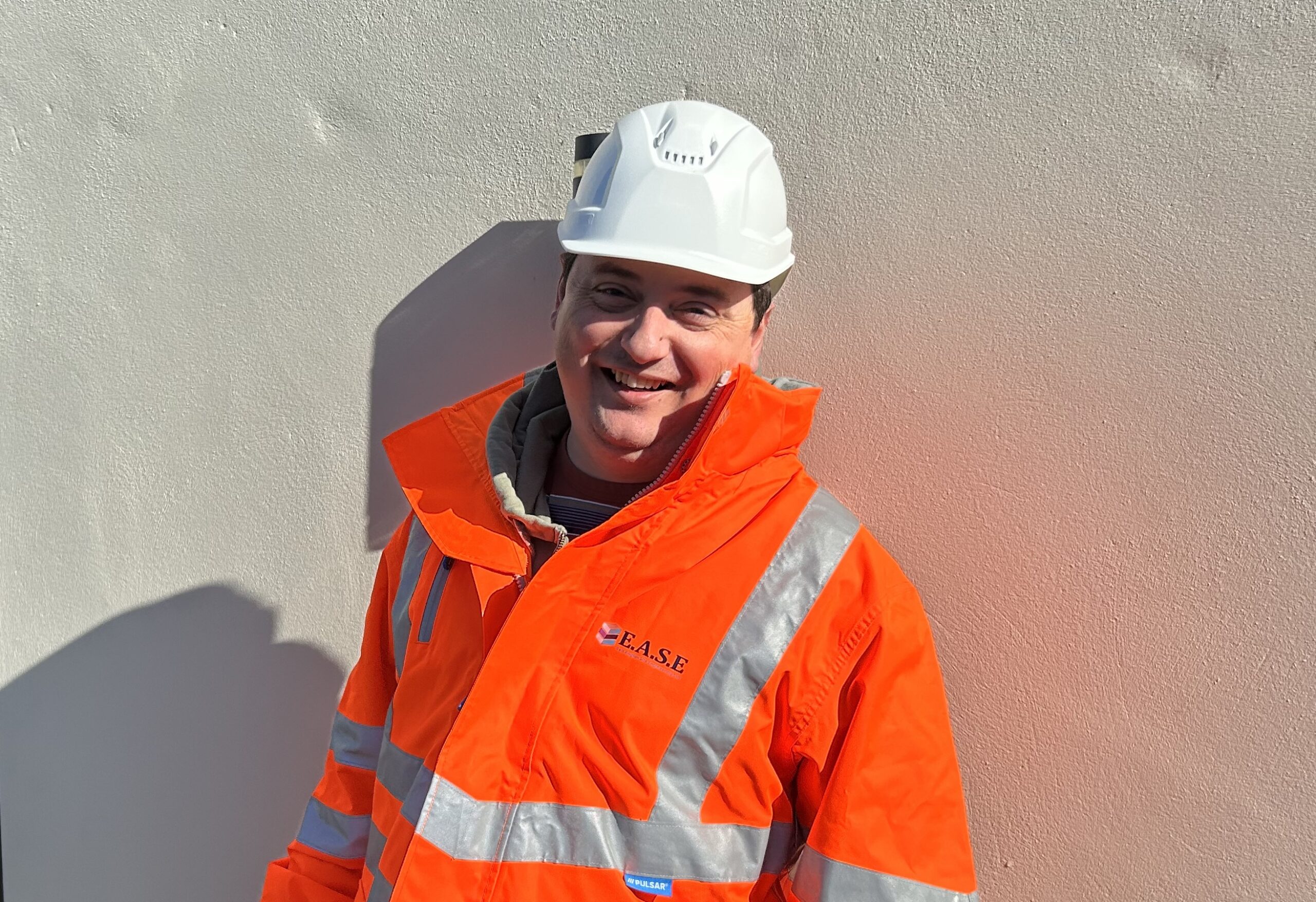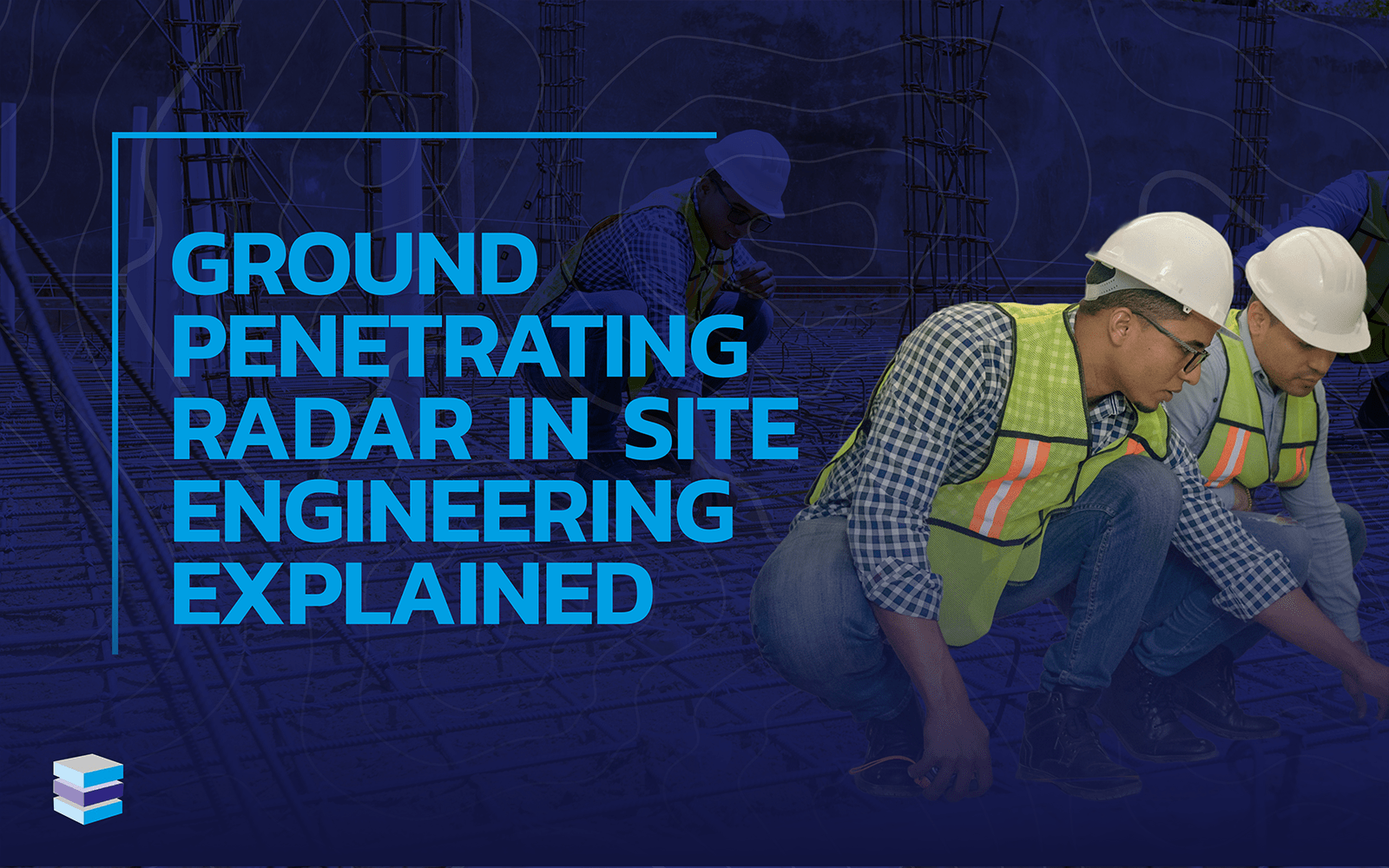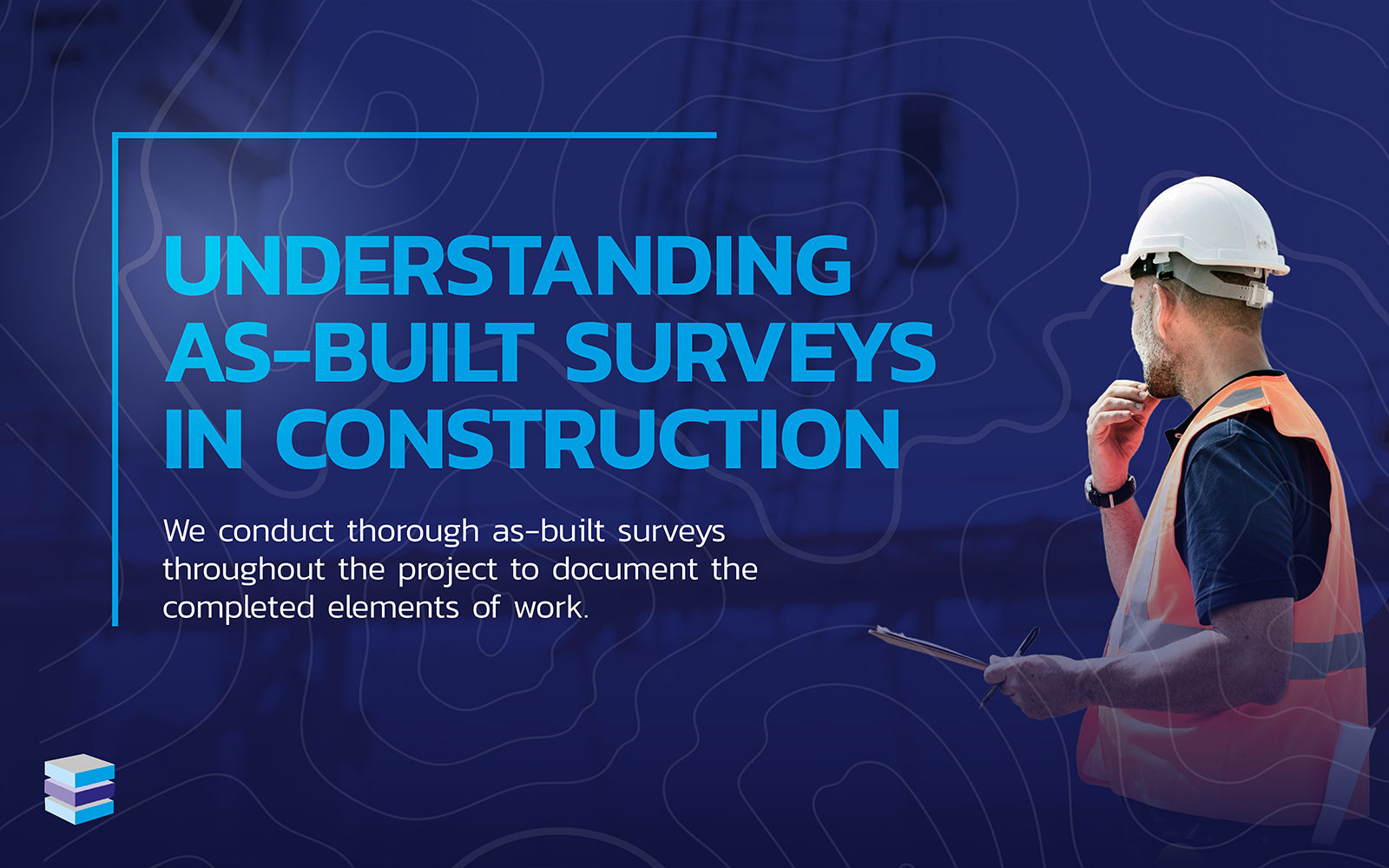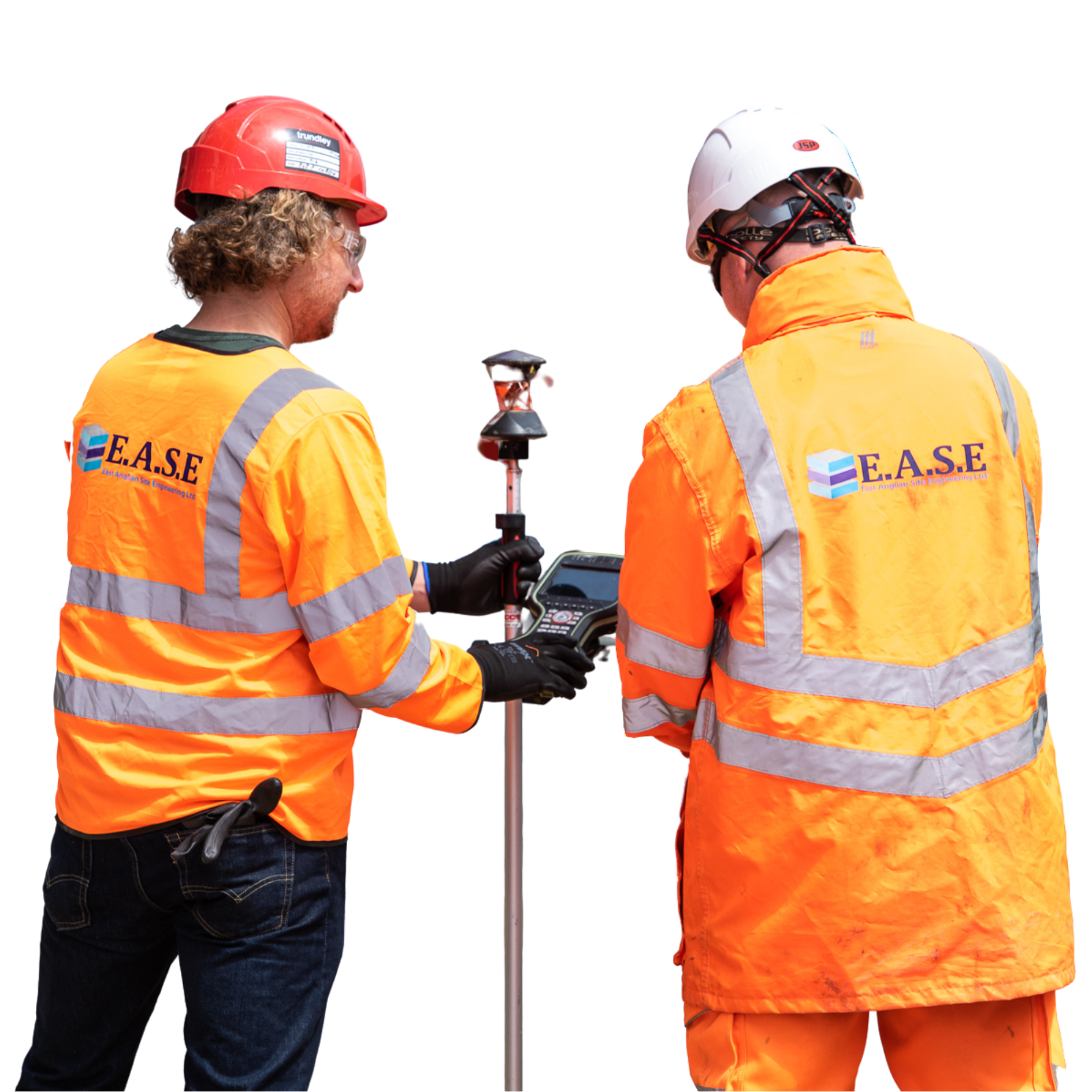What exactly is a Civil Engineer? Well, to put it simply, Civil Engineers are the savvy thinkers behind the construction of our modern communities. They design and manage large infrastructure sites and projects, like building roads, bridges, tunnels, airports, and systems for sewage and water supply. Without Civil Engineers, our transport links would be far less functional and the infrastructure of our towns and cities would not cope well under the stress of everyday human interaction. Using data found via surveys, they use computer modelling software, for instance CAD CAM and 3d printers to create blueprints. These blue prints are an integral stepping stone in the engineering process, informing contractors on the best way to progress. Whilst navigating the intricacies such as risk, location, materials and cost, Civil Engineers also have to consider environmental impact and how their projects will benefit the general living of our communities.
Granted, this is a rather broad depiction of a day in the life of a Civil Engineer. There are hundreds of job opportunities and paths to be taken once you’ve nabbed yourself the degree. Here are some of our top suggestions.
1. Site Engineer
An on Site Engineer will oversee building work, taking charge of site surveys and managing parts of construction sites. You will be required to supervise contracted staff and maintain health and safety regulations to carry out successful projects. You will also be trusted to consider environmental risks as well due to the diverse range of landscapes you will be dealing with. You will be involved in a wide range of duties for example commercial new build sites, power projects and sometimes even landfill and water treatment responsibilities. As a main point of expertise you will be on site to manage and oversee everything from planning to operating and making sure the work is completed to a high standard, on budget and on time.
2. Building Control Surveyor
If you’ve got an eye for detail and are process driven, this role will expose you to complex projects that get your brain ticking. It will be your responsibility to ensure regulatory compliance before & during the planning and erection of buildings. You will also be heavily involved in assessing risk, making sure that the project adheres to all health and safety legislations. You will be coming up with solutions and alternatives to any bumps in the road (maybe quite literally) and will be in charge of any decision making in terms of altering the plans.
3. CAD Technician
CAD stands for Computer-Aided Design. So, you guessed it, this one is for the wiz kids. As a technician you will work with computer software to design technical drawings that will eventually lead to the manufacture of buildings, machines, products, parts and more! A job like this requires a keen eye for industrial design and acute numeracy skills. A highly sought after skill as CAD is utilized by many industries across the world, including aerospace & aviation.
4. Consulting Civil Engineer
These engineers are the smooth talkers of the Civil engineering world. They will use their expertise to advise and instruct the project from its design and conception, through to its construction. A consultant is usually drafted in for major projects involving the public sector and infrastructure projects.
5. Design Engineer
This type of engineering is centered more around the development and improvement of new products and ideas. They also are often heavily involved in testing ideas, products and systems so they can reach their full structural and mechanical functionality. These guys also will be tech savvy, using CAD technology to aid their design process.
6. Estimator
An Estimator is in charge of cost plans. They are responsible for predicting the financial implications of new builds and structures. Using plans and documents and taking into account labour, material and permission costs, an estimator will be able to calculate costs of proposed projects before they actually commence. Essentially, they are there to make sure builds are actually affordable before they begin. So, if you’re good at crunching numbers, and sensible with money, an estimator could be the perfect role for you.
7. Nuclear Engineer
This type of engineer works in & in conjunction with nuclear power plants. Reactor cores and radiation equipment are just some examples of what nuclear machinery you would be required to design and maintain. Decommissioning nuclear power stations will also be a task for you, which involves a lot of health and safety procedures to ensure the handling and disposal of nuclear materials and waste.
8. Water Engineer
As a water engineer you will be naturally interested in environmental health and the water industry. You will aid the supply of clean water and efficient sewage maintenance by designing and manufacturing systems that treat and look after our communities water supply. Water engineers will also be involved in flood prevention and damage control.
Where are the best places to study civil engineering?
The 2021 Guardian league table for universities has ranked the following institutes as the best places to go to study Civil Engineering.
- Southampton
- Bristol
- Leeds
- Imperial College
- West London
- Bath
- Bradford
- Abertay Dundee
- Liverpool
- Loughborough
At EASE we provide professional & highly qualified site engineers to support your construction project. We specialise in multi construction disciplines including heavy civils, utilities, clean and waste water and much more. If you have any questions or projects you’d like to discuss with us, we’d love to hear from you. Call us on 01603 211808 or email us at info@easeltd.co.uk for more information on how we can help you.








